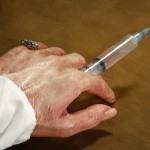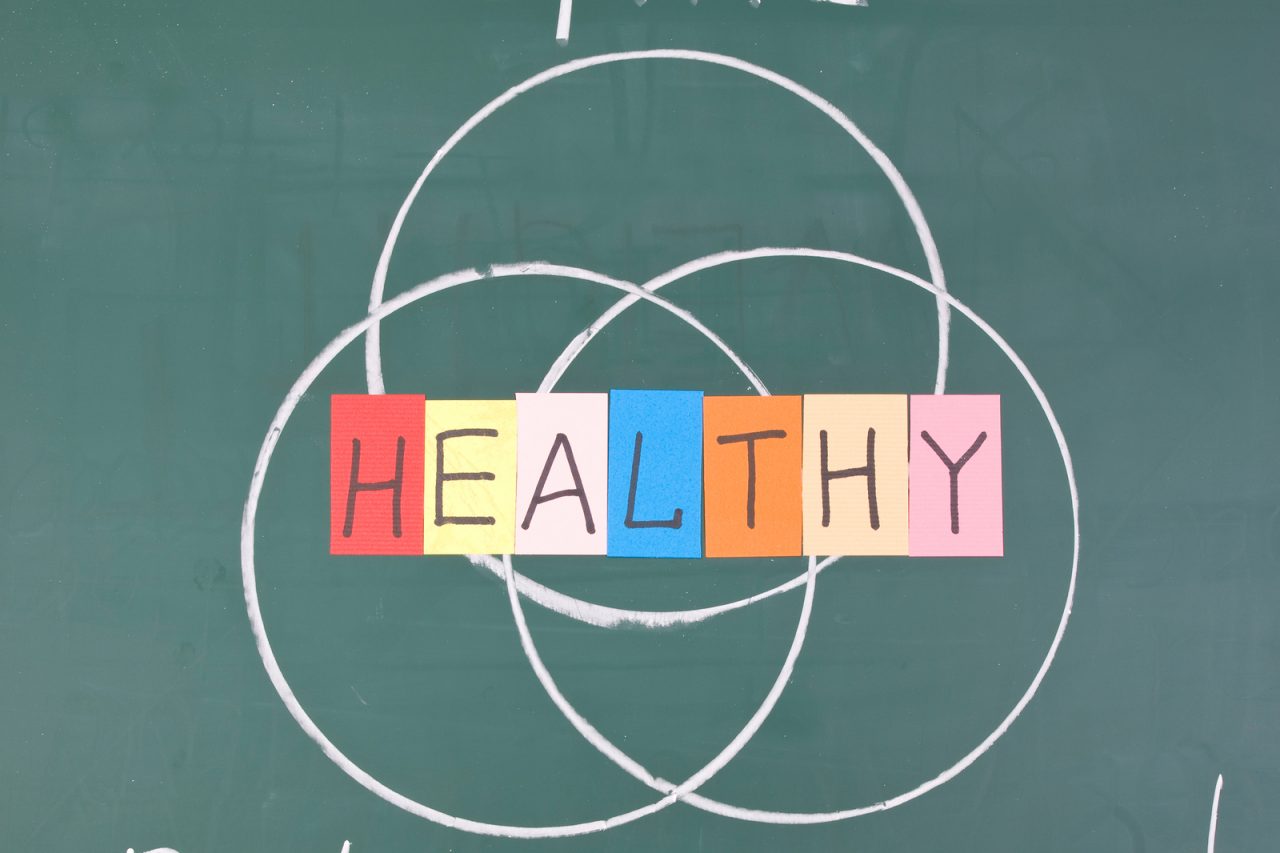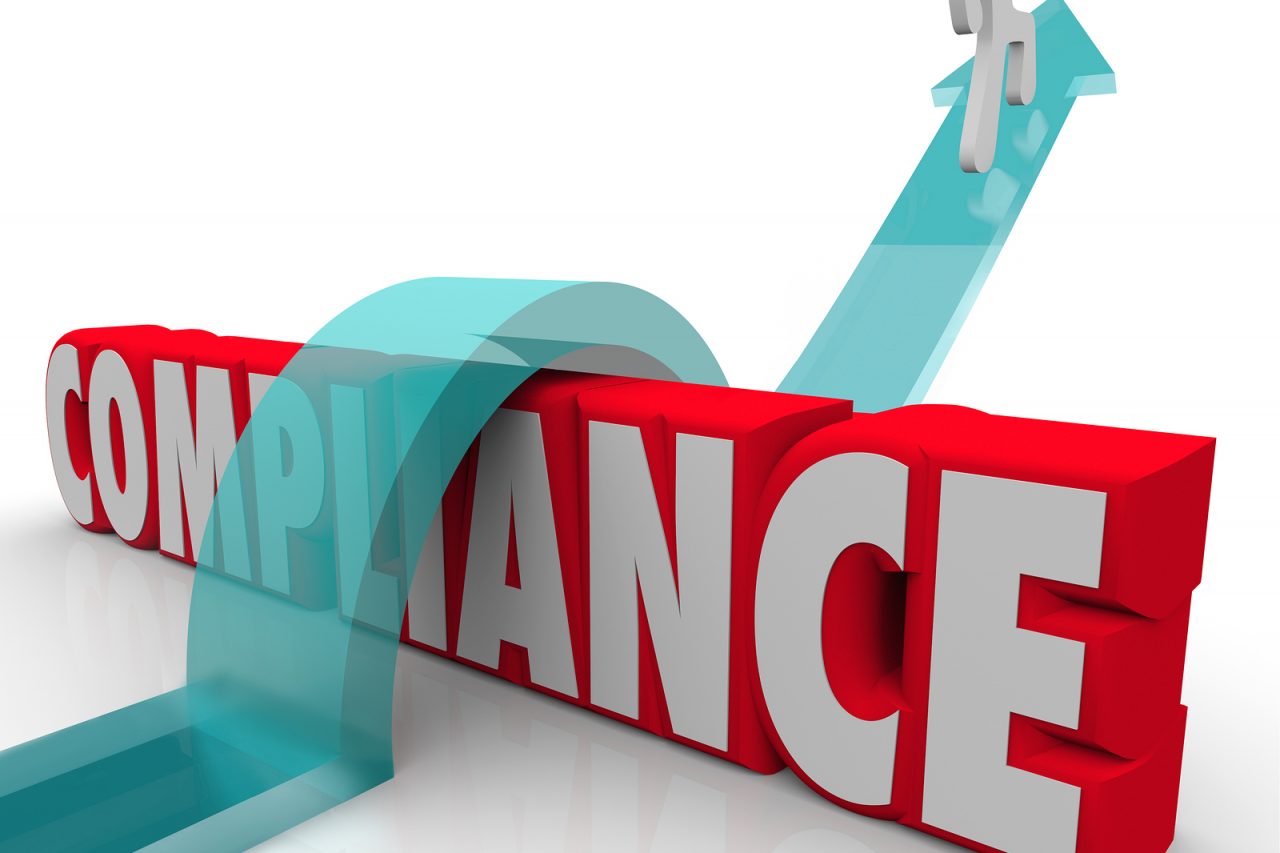Doctors have become a profession of whiners. Meetings, dinners, doctor’s lounge and blogosphere are flooded with physician complaint, tirade and anger. The volume of pained voices suggests that health Armageddon is only a few moments away.
It was not always so. Medicine is a career where idealism runs rampant. In medical school interviews young students really do answer that they want to help their fellow man. Nonetheless, in recent years that has changed.
Instead of espousing the latest breakthroughs, preaching preventative care or carrying on collegial disagreement about research direction, doctors harangue about insurance company dominance, the intrusion of dehumanizing electronic records, ridged evidence-based-venn-diagram treatment regulations, lost autonomy, malpractice assault and of course plummeting reimbursement. Why has the mantra of the doctor moved from; I am here to help, to I am here to be harassed?
Pundits blame doctors for much that it wrong and therefore justify broad attacks on the profession. Doctor’s over-diagnose, over-treat, and over-charge, all resulting in massive cost overruns. They fail to use objective analysis and best standards, depend too much on pharma sales data, and rush lemming-like toward the next glittering breakthrough. Physicians are accused of making income their primary drive, with overblown salaries and even fraudulent billing. The power of the doctor’s order drives chaos.
Are physician complaints simply the response of a failed profession as it is bludgeoned with reality? Should we hear their frantic words as bombastic, hubristic self-preservation, or is it a warning? Whom are they trying to protect? What are they trying to achieve?
Doctors deeply sense that the despite the need to modernize and rebuild major parts of healthcare, many elements of change threaten the ability to communicate with patients, make therapeutic decisions and may inappropriately limit treatment choice. Intrusions can penetrate and disrupt the physician-patient relationship. In other words, what frightens doctors the most is transition that destroys their ability to care and give care.
Doctors defend not themselves. They perceive that the litany of assault is not just annoying, insulting, confusing and at times ridiculous, but a direct attack on patients. Physicians rant not for treasure or personal glory, but for those who entrust their bodies to the medical profession.
Change is critical if we are going to achieve the quality of efficient healthcare we need. Physicians understand this more than any other healthcare advocates. As is their calling, doctors on both side of each argument and idea will have impassioned opinions. What is vitally important is how we hear physician invective. Whatever the validity of their complaints, each must be understood to come from the most positive of values and goals.
The practice of medicine is a complex, exhausting and demanding profession, which requires passion and life-long drive. Doctors will continue to the struggle against disease and for health, with voices loud. They are fighting for all of us.







33 Comments